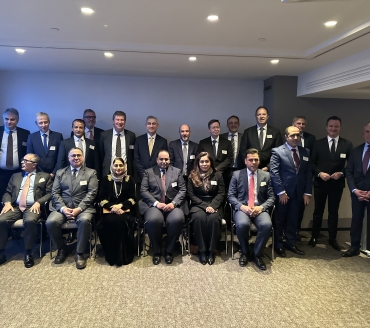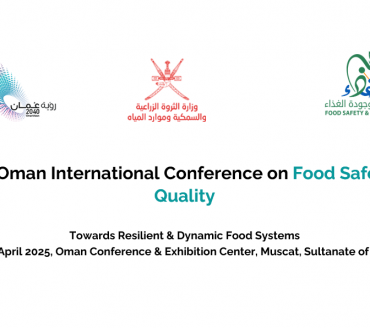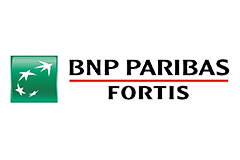HAVE ANY QUESTIONS? CLICK HERE
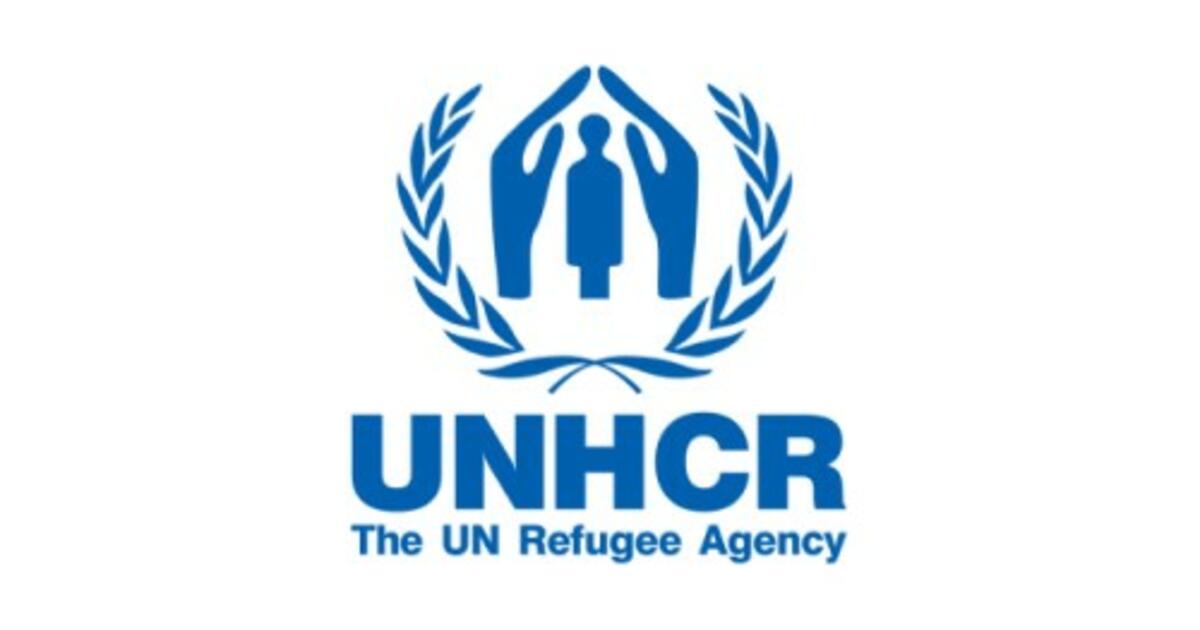
Supporting Lebanese and Syrian Refugee Families Affected by the Conflict in Lebanon
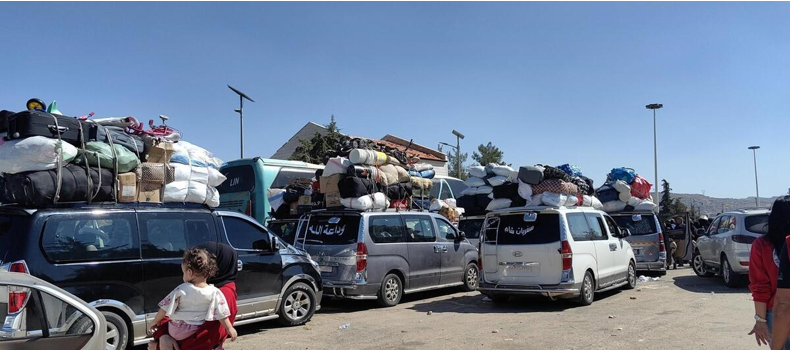
Operational Context
The escalation of hostilities in South Lebanon since the 7th of October has exacerbated the already challenging socioeconomic crisis in the country affecting Lebanese and Syrian refugee families, and the humanitarian consequences of the recent intensified Israeli attacks across Lebanon are devastating.
On the 23rd of September, the cross-border hostilities have drastically escalated killing 558 people and injured 1,835 in Lebanon. According to the Lebanese authorities, 90,530 people have been reported as newly displaced, including nearly 40,000 in 283 collective shelters, and displacement continues to grow. Prior to latest escalation and as of 19 September 2024, the number of internally displaced persons (IDPs) across Lebanon stood at 111, 696[1].Terror and despair gripped Lebanese residents as the bombing killed at least 558, including 50 children and 94 women, and wounded more than 1,835 others, according to the Lebanese Ministry of Health Ministry.
This escalation triggered a huge displacement influx, increased vulnerabilities, and heightened protection risks as tens of thousands of civilians fled towards Beirut. The displaced populations are either hosted by their relatives or rent a private accommodation or take shelter in collective shelters, specifically schools designated by the National Committee for Coordination of Disaster and Crisis Response Operation to receive displaced persons from the affected areas.
Lebanon remains the world’s biggest refugee-hosting country per capita. The Government estimates that the country hosts 1.5 million Syrian refugees and some 11,400 refugees of other nationalities. The socio-economic downturn has led to an exponential rise in extreme poverty and protection risks for Syrian refugees in Lebanon.
In 2024, Lebanon’s socio-economic situation continues to worsen, as resources at the community level are becoming increasingly strained, public institutions struggling to function and growing barriers to basic services and assistance due to crippling inflation, price hikes in fuel and basic goods, and electricity shortages. A combination of these factors continues to exacerbate existing vulnerabilities to protection risks and shocks for the most vulnerable cohorts such as the elderly, female-headed households and persons living with a disability.
[1] Source: Lebanon - Mobility Snapshot | Displacement Tracking Matrix (iom.int)
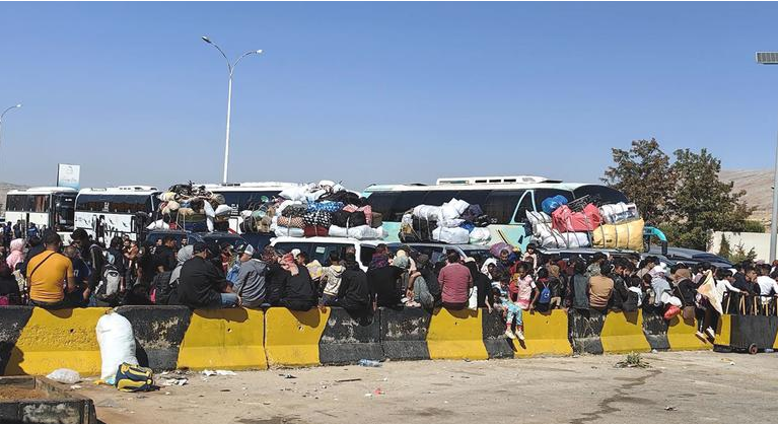
UNHCR in Action
The economic crisis in Lebanon has deteriorated the situation of both Lebanese and refugees, critically increasing humanitarian needs and reducing communities’ ability to cope. Additionally, the disruption of services due to the hostilities, along with reduced livelihood opportunities and damage to infrastructure, further compounds the crisis. Critical risks and needs are monitored by UNHCR and partners through Displacement Tracking Tools, Protection Surveys and Rapid Participatory Assessments including all displaced populations. Across all, top priorities remain access to food, healthcare, and shelter. UNHCR has therefore stepped up its humanitarian delivery to reach more persons in need.
UNHCR is coordinating closely with the authorities and humanitarian partners to respond to the needs of the displaced across Lebanon including in the South, the southern suburbs of Beirut, Saida, Bekaa and the North. Humanitarian partners are already on the ground, providing core relief items to the newly displaced.
UNHCR is also working with the Public Health Ministry on the procurement of trauma kits, and has expanded its hospital network in the South to improve access to care to those recently displaced.
Additionally, UNHCR is offering assistance and psychosocial support to the families of deceased refugees, following individual needs assessments.
UNHCR and humanitarian partners have been assessing government-designated collective shelters, namely schools, to ensure they can safely house displaced persons. Efforts include providing core relief items and coordinating cash support, where needed.
In the South, Bekaa, North, Beirut and Mount Lebanon, UNHCR has activated its emergency response, including the distribution and positioning of core relief items, including mattresses, blankets, kitchen sets and other core relief items. So far, over 7,900 items have been distributed to newly displaced Lebanese and refugees.
UNHCR is also monitoring cross-border movements between Lebanon and Syria, which appear to be increasing with thousands of Syrians and Lebanese fleeing the escalating violence. In Syria, UNHCR is working with the Syrian Arab Red Crescent (SARC) to mobilize relief items for those at the border, as including food and assistance to help them access further support inside Syria.
UNHCR is, and has been, providing urgent assistance and protection to those affected, whether they are Lebanese or refugees, even prior to the latest escalation, and has had a robust contingency plan in place since October 2023.
So far, since the start of the crisis last year, UNHCR has provided 120,000 emergency relief items, and cash assistance for around 60,000 people.
UNHCR has also been supporting collective shelters and ensuring safe access to healthcare and psychosocial support. Five premises providing collective shelter to displaced families received support from UNHCR through upgrading works, rehabilitation, and partitions to enhance displaced individuals’ access to water and accommodate families while ensuring privacy through gender separation.
This year, in total 12 community centers have been supported where displaced people have access to information on services and assistance, as well as participate in various activities, such as psychosocial support, and life skills, and skills building, internally displaced Lebanese facing serious protection risks and in need of support to access life-saving services. UNHCR is fully covering hospitalization costs for refugees affected by mass casualties due to conflict escalation and supporting Lebanese and Syrian refugee families with primary health care services. UNHCR also expanded its network of hospitals in the South and Bekaa regions to facilitate access to care for those impacted, and is ready to further support the Health Ministry with medical equipment as well as through the procurement and dispatch of trauma kits.
With thanks to your kindness and generosity, UNHCR will be able reach even more Lebanese and Syrian refugee families, offering vital support to those enduring these challenging times in Lebanon.
Thank you for supporting the most vulnerable Lebanese and Syrian refugee families in Lebanon.
For more substantial donations, companies can get in touch with:
Vittoria Volgare Detaille
Private Partnerships and Philanthropy Associate
UNHCR Belgium & Luxembourg
This email address is being protected from spambots. You need JavaScript enabled to view it.
Vittoria Volgare Detaille
Private Partnerships and Philanthropy Associate
UNHCR Belgium & Luxembourg
This email address is being protected from spambots. You need JavaScript enabled to view it.


